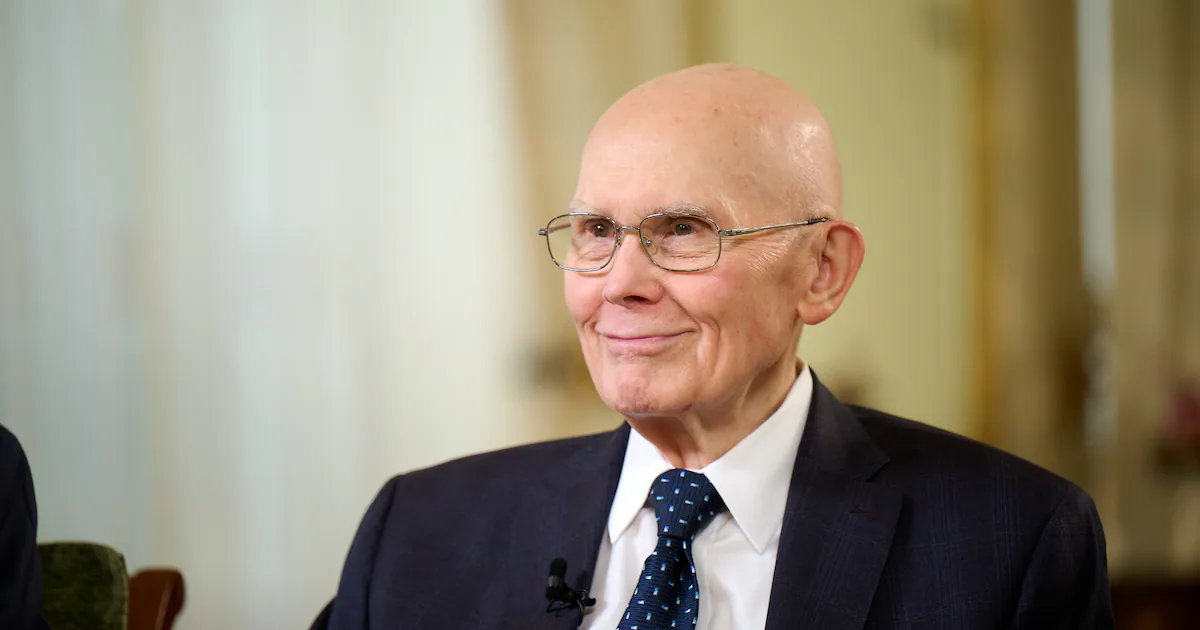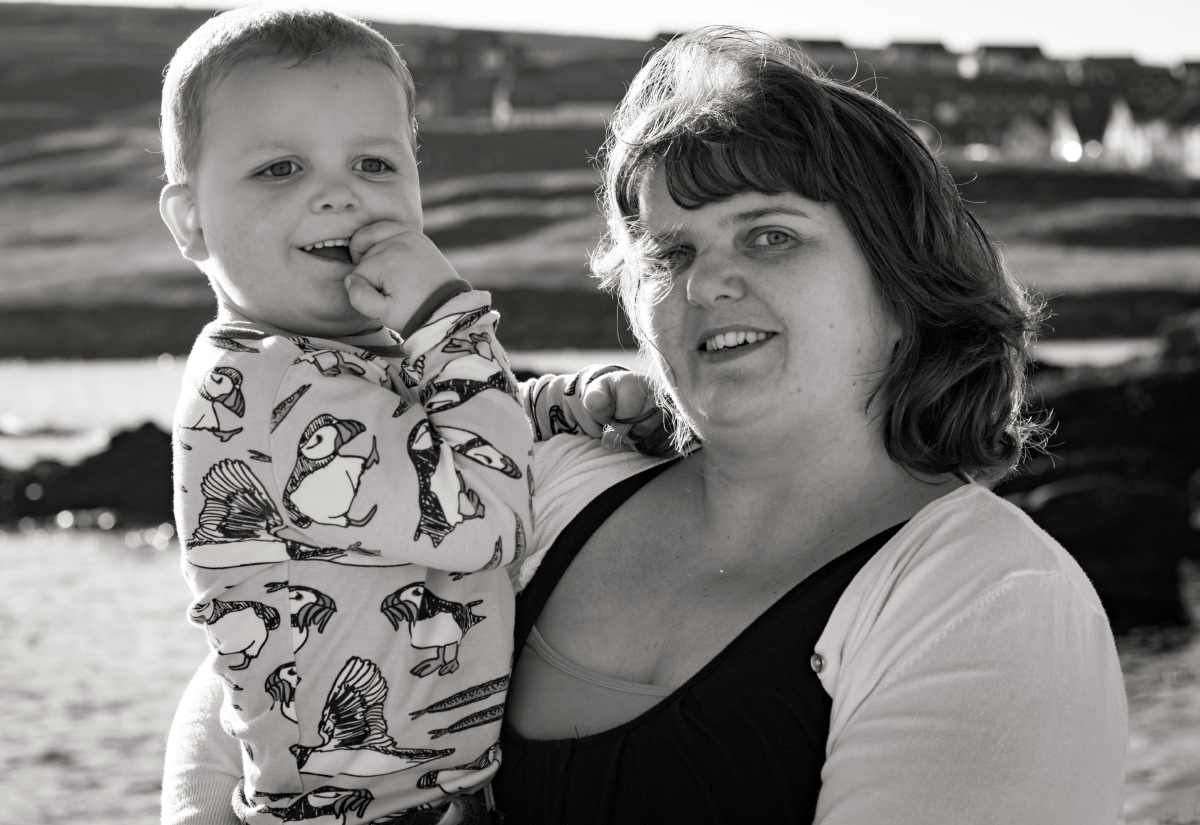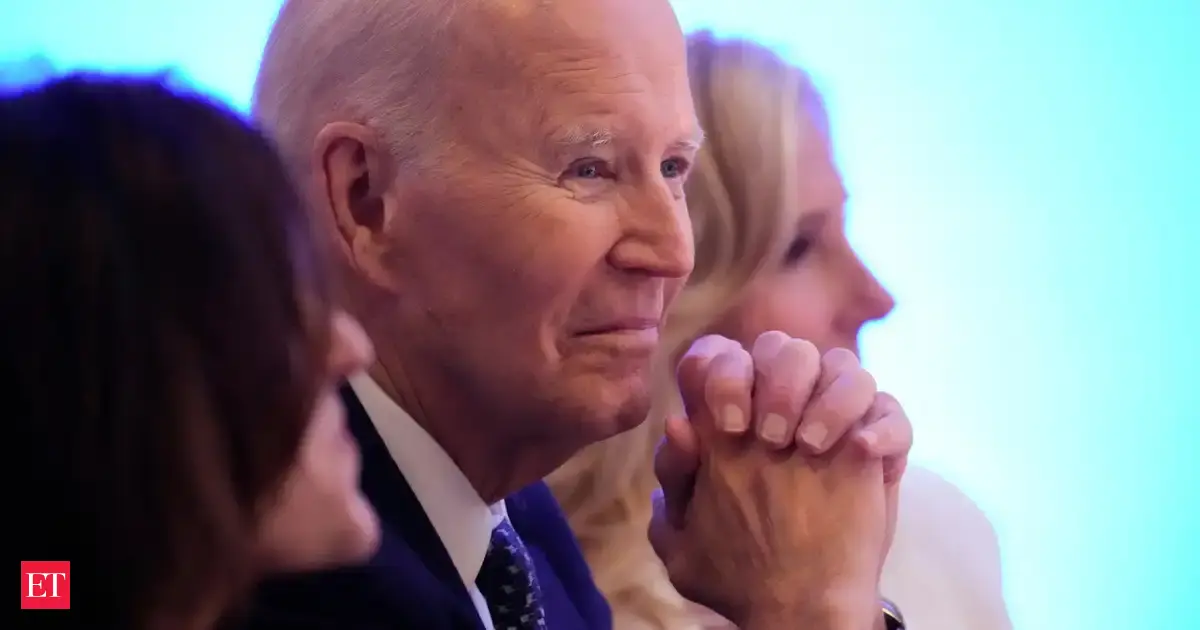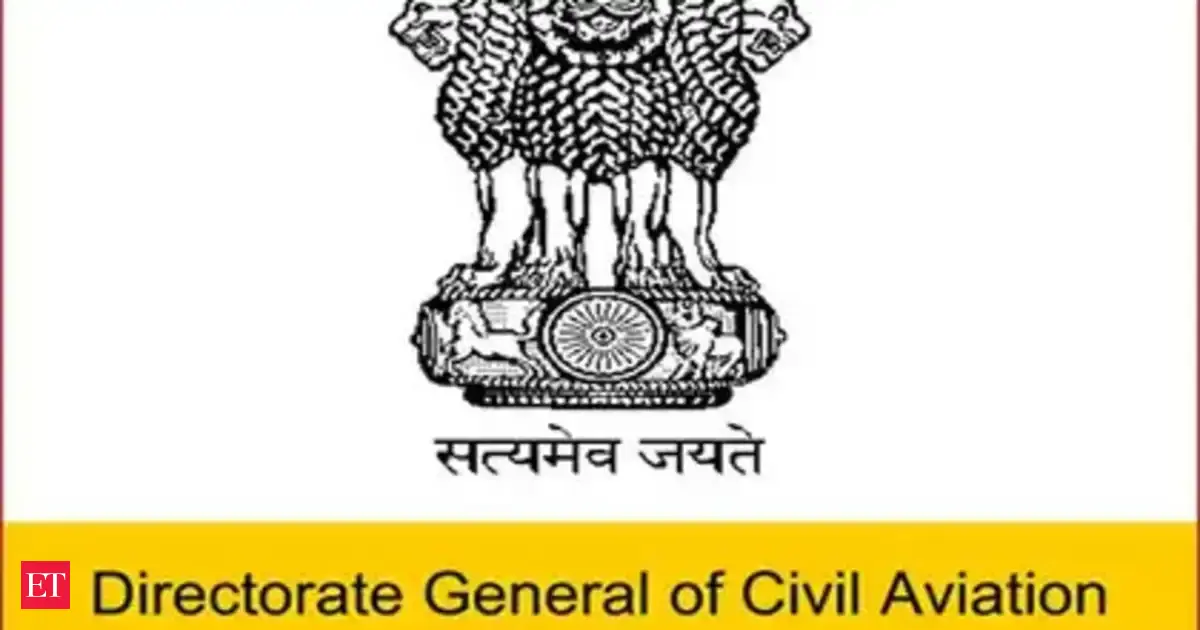Copyright Salt Lake City Deseret News

As the recently installed editor-in-chief of the BYU Studies academic journal, I’ve appreciated even more deeply the contributions the journal has made to understanding the history, scripture and lives of Latter-day Saints. Even more so, I’ve appreciated the writers who have made those contributions. Whenever we read an article that inspires new ways of understanding ourselves and the world, we rightly hold that article in esteem, often returning to it to recapture the insights first gained. Beyond that, we also feel gratitude for the heart and mind of the individual who put their pen to paper (or fingers to keys) to offer such a gift to us. Following President Dallin H. Oaks’ appointment as the 18th president of The Church of Jesus Christ of Latter-day Saints, I revisited his four BYU Studies articles. As a professor focusing on Latter-day Saint teachings on the family, I have long appreciated President Oaks’ conference talks on the family. But as I read through these four articles, an even deeper appreciation for President Oaks grew. In some small way, they capture some of the heart and mind of this new prophet and provide a wider view of him. Below, I summarize four themes of these impactful articles. Society-wide morality starts in the home Notably, then-BYU President Oaks’ first article in BYU Studies was a talk he delivered exactly 50 years ago last month, at the dedication of the J. Reuben Clark Law Building. In this talk, he relates a poem which asks the question: “Why does the hearse horse snicker hauling a lawyer away?” President Oaks’s answer: the lack of ethical and moral training of lawyers. While he recognizes the general goodness of those in the profession, he notes that “law schools are not organized or conducted to inculcate such [ethical] standards.” This, he says, is where BYU will differ: “Religious commitment, religious values and concern with ethics and morality are part of the reason for this school’s existence, and will be in the atmosphere of its study.” Yet he places the primary source of this religious influence not within the law school, but within the home. As he says: “fairness, decency, integrity, virtue and love of truth” are truly inculcated “at the hearthstones of thousands of homes throughout the land,” suggesting that mothers and fathers “may well be the most important teachers our graduates will ever have.” The integrity of Joseph Smith President Oaks’s next two articles address the life of Joseph Smith, one published in 1979 and the other published 27 years later in 2006. Many Latter-day Saints may be unfamiliar with some of President Oaks’s “pathbreaking research and analysis” on the Prophet. In his 2006 piece, President Oaks referred to himself as a “50-year student of the life of Joseph Smith.” Yet “student” hardly seems to cover it, as President Oaks summarized some of his research: “For over 10 years, we scoured libraries and archives across the nation to find every scrap of information about this trial and those involved in it.” President Oaks’s 1979 article was written with co-author Joseph Bentley. The article is framed by the story of Peter Haws, an early Latter-day Saint, purchasing a steamboat in 1840 using a promissory note signed by two business owners along with Joseph and Hyrum Smith. Unfortunately, those hired to run the steamboat wrecked it and then absconded before they could be brought to account, leaving promissory note signers with a debt on the steamboat they were unable to pay. This article details Joseph’s financial difficulties during this time and his attempt to use newly created bankruptcy laws in the wake of the steamboat accident, as well as in the context of the more than $2 million worth of property the saints never recovered in the unlawful Missouri expulsion. The article is a fascinating analysis and a well-researched piece, concluding that amid the many complaints brought against Joseph Smith, no “judicial officer made any findings of fraud by Joseph Smith” and that in no legal proceeding “resulted in any findings of improper conduct by Joseph Smith.” The personal impact of Joseph Smith While the 1979 article is fascinating for its legal analysis, the 2006 article strikes a very different tone — transcribed from a talk President Oaks gave 20 years ago at a Library of Congress conference honoring the bicentennial of Joseph Smith’s birth. Compared with the highly detailed, more lawyerlike account of an aspect of Joseph’s life, this talk was about Joseph Smith in “a personal world,” as then-Elder Oaks puts it. In addition to delving deeper on the prophet’s own personal interactions, President Oaks explores how Joseph Smith has impacted him personally. “I am a product of the teachings of Joseph Smith,” he says. In this more personal talk, President Oaks explains that the teachings of Joseph Smith “have expanded my concept of my personal potential and the potential of every living person. His teachings have also disciplined and given significance and joy to my marriage relationships and to my relationships with my children, grandchildren, and great-grandchildren.” In this talk we also sense President Oaks’s feelings toward the Filipino and other Pacific Islanders he served alongside for two years from 2002-2004 in a special assignment from President Gordon B. Hinckley. He relates their burning testimonies of the Prophet and how Joseph Smith’s teachings had changed their lives. President Oaks ends this talk where the life of the Prophet ended, with the words to “A Poor Wayfaring Man of Grief,” concluding with the words of the Savior to one who sought to serve those in the greatest need around them: “Fear not, thou didst them unto Me.” A better way to resolve disagreements The final article was a lecture at the University of Virginia given in November of 2021 entitled: “Going Forward with Religious Freedom and Nondiscrimination.” In reading this piece, I burned through more highlighter than the other three articles combined. Its relevance seems to have only increased since it was given. This talk appears born out of President Oaks feeling “distressed at the way we are handling the national issues that divide us.” He advocates for us to “make every effort to understand the experiences and concerns of others, especially when they differ from our own” and that “we should accept the reality that we are fellow citizens who need each other.” Given his judicial background, it is notable that President Oaks advocates against settling differences through the justice system; rather, he encourages us to resolve them “though mutual respect, shared understanding and good faith negotiations.” Indeed, he cautions that the courts “are ill-suited to the overarching, complex and comprehensive policymaking that is required in a circumstance like the current conflict between two great values.” At the same time, President Oaks reminds us that “seeking harmony by finding practical solutions to our differences, with love and respect for all people — does not require any compromise of core principles.” Leaving our core principles intact, we may “accept some laws we dislike and … live peacefully with some persons whose values differ from our own.” President Oaks recalls the instructions from the apostle Paul that we should “live peaceably with all men.” Despite his distinguished career, to his audience at the University of Virginia, he says: “I come to you not as a lawyer … but as an Apostle of the Lord Jesus Christ.” From lawyer to chief apostle In my own review of President Oaks’s BYU Studies articles, there seems to be a change from more lawyerlike treatises in the 1970s to more apostle-like testimony in the 2000s. Elsewhere in describing his resignation from the Utah Supreme Court after his call to the apostleship, President Oaks recalls: “I loved my profession, but, as it turned out, I left without regret.” “My most important duty is to serve as a witness of the life and mission of our Savior, Jesus Christ,” he explained. Of his calling to the apostleship he said: “If the Lord wanted me to function as a lawyer … he would have called me to be general counsel. Since he called me to be an apostle, I am determined to be an apostle.” President Oaks, now the chief apostle of the Savior, has provided us for decades with insights of both scholarly and spiritual stripes that elevate us all.



